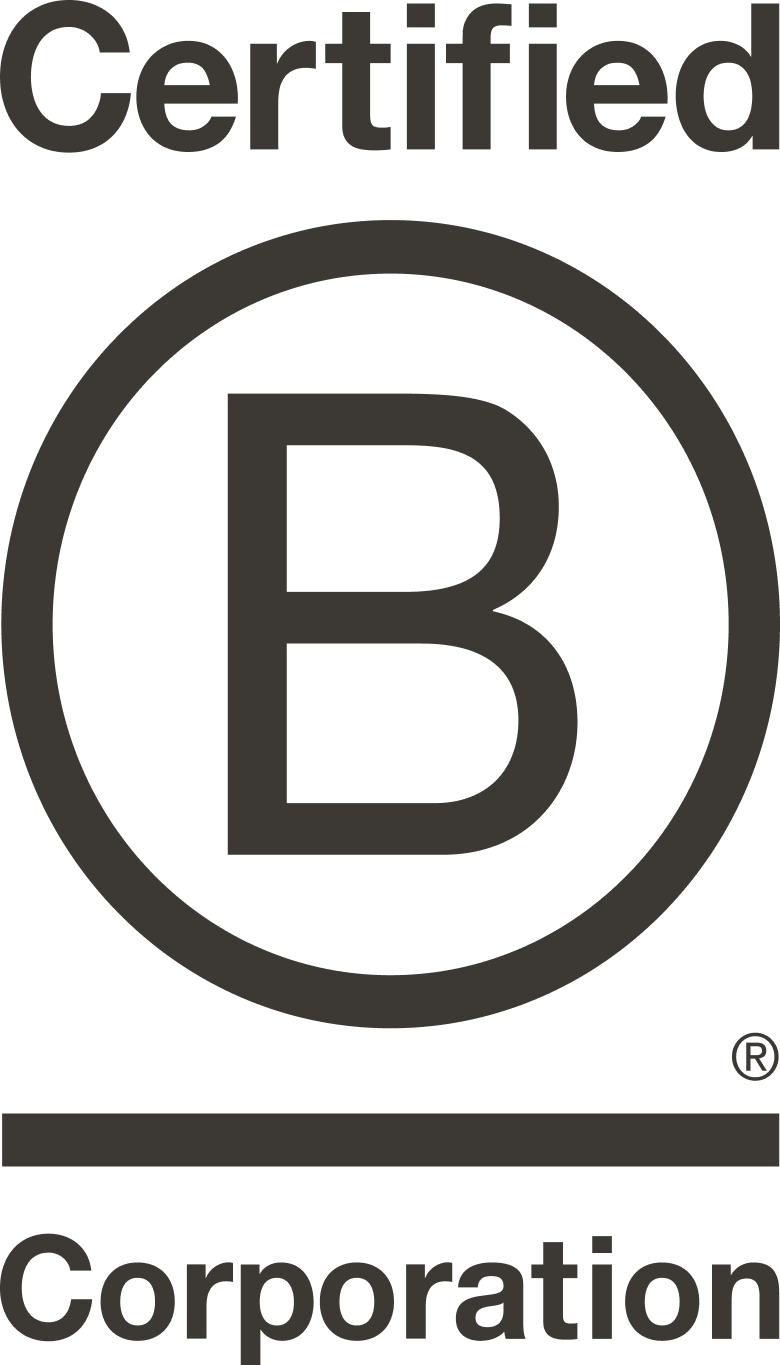As technologies and business models rapidly evolve, as quoted by McKinsey, an astonishing 375 million workers worldwide will have to change occupations to meet the ever-changing workplace's demands.
Disruptive technologies are radically reshaping the world of work, and every industry is being propelled into a future shaped by astounding technological and scientific advances.
New industries are being created as old ones are destroyed. As a result, traditional career and business models may soon be a thing of the past. The future of work will be characterised by resource scarcity, radical thinking, and new business models.
As a business leader, you need to carefully prepare for the decade ahead. What kind of talent does your business need to adapt to a changing workplace? How will you attract, retain, and motivate such talent? How must HR adapt to keep up as a result?
Facing the Future
What does the term "future of work" really mean? There's been a lot of discussion on the role of artificial intelligence (AI) and whether or not robots will replace the human workforce. Though a meaningful discussion, this is but one aspect of the massive shift that is currently underway.
Let's get practical about the future of work. The current workforce as it is might have to move into new occupations or significantly upgrade their skillsets.
As organisations begin to embrace digital transformation, many are experiencing the same challenge. There's a significant skills gap, and it's a challenge to find workers with the right blend of business, IT, and soft skills required to thrive in a digital landscape.
Closing potential skills gaps is now a top priority for most organisations globally. A potential hurdle is the lack of clarity as to what the future holds.
If there's one thing the year 2020 brought to light, companies and individuals will have to get comfortable with disruptions and uncertainty. Organisations must be agile and resilient if they're to survive the future, let alone thrive in it. And central to this is their talent management strategy. Even in a world where AI and automation drive transformation, your people are crucial to success.
How to Create More Value Through Talent
In an enlightening study, a team of researchers found that individuals classified as "high performers" are up to 400 percent more productive than the average. In complex technical occupations, the productivity gap rises to an astounding 800 percent.
So, it's not just about hiring people with the right skills but also about hiring people with the right mindset. The challenge here is that mindset is deeply personal, and unique to an individual. Therefore, to win the war on talent, companies need a new battle plan.
Here's how you can get your talent management strategy right.
1. Focus on the 5 Percent Who Create 95 Percent of the Value
First, you must determine the 5 percent of roles that drive 95 percent of your organisation's value. Then, you need to find out whether you have the right people in these roles.
Attracting and recruiting top talent is quite the challenge, but the key lies in what you offer them. Most business leaders know the value of their EVP (employee value proposition).
When it comes to top talent, what your employees get for what they give will determine how long they stay with you. If your EVP is better than that of your competitors, you will attract and retain leading talent.
2. Do not just buy it, grow it by design
When developing a talent management strategy, most employers focus almost entirely on recruiting. While important, you need to consider that integrating new talent is not only expensive, it's time-consuming and what's worse? The cost if it fails.
Your first imperative should be to understand your current landscape with a workforce diagnostic, that show's your teams as they are today, where they can be developed, areas for growth, enhancement and pillars of organisational tension can be surfaced. Recognise that talent scarcity is your biggest bottleneck for growth and that integrating the right skills and the present team, is the first step before buying in.
Industries evolve with technology, and so must the workforce. Rather than depend on redundancies and new hires, forward-thinking companies opt to upskill and reskill their existing workforce. For instance, Amazon is set to spend over $700 million to reskill 100,000 employees for higher-skilled jobs.
3. Make Global Talent, Local
Competition for talent is a global affair. The best talent knows no borders. Digitisation has expanded talent pools to the global market and may just be the ultimate equaliser for talent acquisition. Remote working removes the geographic boundaries that may hinder you from accessing leading talent. You can engage with top talent regardless of where they live and create a more diverse, productive workforce.
Also, digitisation has levelled the playing field. By accessing a global talent pool, small businesses do not have to compete with the Fortune 500 or FTSE heavyweights for top talent. According to a survey by the International Workplace Group, 83% of respondents' value work flexibility over other benefits.
It's time you decentralised your workforce by design - not just because of past twelve months events.
4. Make the Right Moves
Technology has changed how people live and work. To remain competitive in a rapidly evolving workplace, companies must reimagine their people practices.
Your talent drives value and determines organisational resilience. Harnessing value through talent is as much about finding and hiring the right people as it is about transforming your current employees into the right people, it's about culture.
There really are no limits to talent management in a digitised world. The key is to understand what the future of work looks like for you and adapt accordingly.
Don’t Forget to Share this Post!











